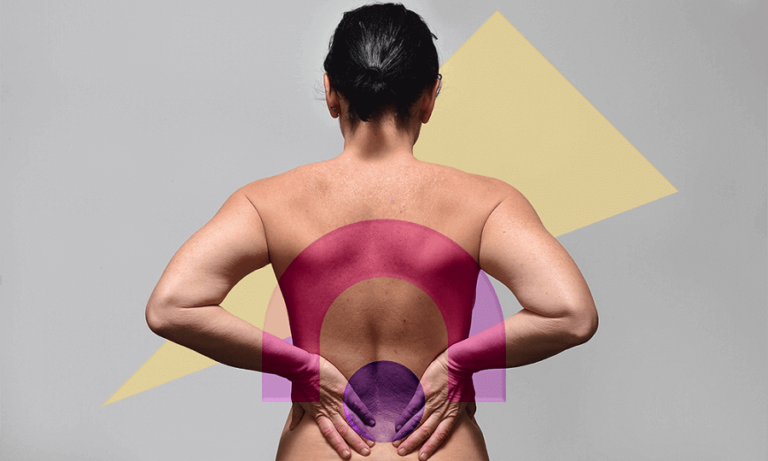There are still many things we do not know about the coronavirus. What is clear is that the disease caused by the COVID-19 coronavirus is considered a pandemic that causes worldwide concern.
Abundant clinical evidence confirms the powerful antiviral effect of vitamin C when used in sufficient quantities. Treating the common flu with large amounts of vitamin C is nothing new. (4)
This has led some influencers and unreliable sources to recommend vitamin C supplements to prevent or cure the coronavirus.
To elucidate or test this idea, this article describes the scientific evidence on how vitamin C can affect the coronavirus and what specialists say about it.
Effects of vitamin C on viruses
Although vitamin C does not have miraculous disease-curing properties, extensive research has shown that it can help the immune system fight viruses. (3,4,5,6,7)
Studies in animals and humans have confirmed that vitamin C modifies the susceptibility to various infections. (8)
Immune cells need vitamin C to make proteins that activate the body’s immune system against attacks by viruses and bacteria. (5)
In particular, reports indicate that vitamin C may enhance phagocyte function, T-lymphocyte transformation, and interferon production. (1,4,5)
It has been shown quite consistently that the duration and severity of flu episodes are reduced in the groups that are injected with vitamin C. (1)
Many doctors and specialists consider high doses of vitamin C to be such a potent antiviral that it can be classified as a functional immunizer for various virus strains that affect the respiratory tract. (4.8) Now, let’s get to the point, does this apply to the coronavirus?
Can vitamin C prevent or cure coronavirus?
In the absence of a specific treatment, scientists consider the possibility that vitamin C may show positive effects as a treatment for coronavirus.
In particular, preliminary studies found that vitamin C increased the resistance of chicken embryonic organ cultures to infection caused by an avian coronavirus. (5)
For this reason, large organizations have started testing injections of high concentrations of vitamin C in people with who the coronavirus has infected.
The efficacy of vitamin C against coronavirus will be tested in research launched on February 11 at the Zhongnan Hospital of Wuhan University, at the pandemic’s epicenter. (10)
The application of vitamin C in the test treatments will be intravenous, with a dose of 25 g of vitamin C for seven days. These trials are recent, and the results have not yet been published.
Until the results are known, it can only be stated that:
- Vitamin C can have preventive effects on the coronavirus.
- Taking large amounts of vitamin C supplements is unlikely to cure a COVID-19 infection.
- The most effective way to prevent coronavirus remains to wash your hands, not touch your eyes, nose, or mouth, and stay away from anyone with symptoms.
- Treatments with large doses of intravenous vitamin C may work to shorten or cure COVID-19.
- These treatments are likely only an intermediate step before specific therapies that target the virus, such as vaccines, take over.
Vitamin C Treatments for Coronavirus – Opinions of Doctors and Specialists
According to doctors and specialists, the coronavirus can be as susceptible to vitamin C as all the other viruses against which it is highly effective. Trials have shown that high doses of vitamin C can neutralize or kill viruses through oxidation. (4.8)
Vitamin C treatments can have their risks, such as infection, damage to blood vessels, diarrhea, and blood clots. Therefore, before being used, their side effects should be considered.
Vitamin C and coronavirus – What are the authorities saying?
The WHO has published a series of studies as necessary (or must-read) for everyone involved in curing the coronavirus. (1)
In one section, it is stated that various pharmacological interventions for coronavirus have been evaluated. These include immunomodulatory effects, including macrolides, corticosteroids, inhibitors of cyclooxygenase-2, sirolimus, statins, anti-influenza immune plasma, and vitamin C.
It does not currently recommend any of these treatments in severe cases of COVID-19. (1)
According to the WHO researchers, more pragmatic and efficient designs are needed to test different treatments individually and in combination. (1)
On the other hand, Ruan Guangfeng, the China Food Information Center’s benchmark, said that healthy people don’t need to take additional supplements to prevent coronavirus. According to Ruan, getting enough foods rich in vitamin C and a balanced diet is unnecessary. (9)
For those staying home during epidemic control, Ruan suggests taking vitamin C if fresh fruits and vegetables are temporarily unavailable: 100 milligrams for adults and no more than 200 milligrams for pregnant women.
According to Ruan, taking vitamin C is unlikely to prevent or cure a coronavirus infection.
Treatments for coronavirus
There is currently no specific antiviral treatment for this new coronavirus. People who become seriously ill from COVID-19 may need a respirator to help them breathe.
Bacterial infection can complicate this viral infection. Patients may require antibiotics in cases of bacterial pneumonia and COVID-19.
Antiviral treatments used for HIV and other compounds are being investigated in Spain. There is not enough evidence that supplements, such as vitamin C or probiotics help speed recovery from the coronavirus.







